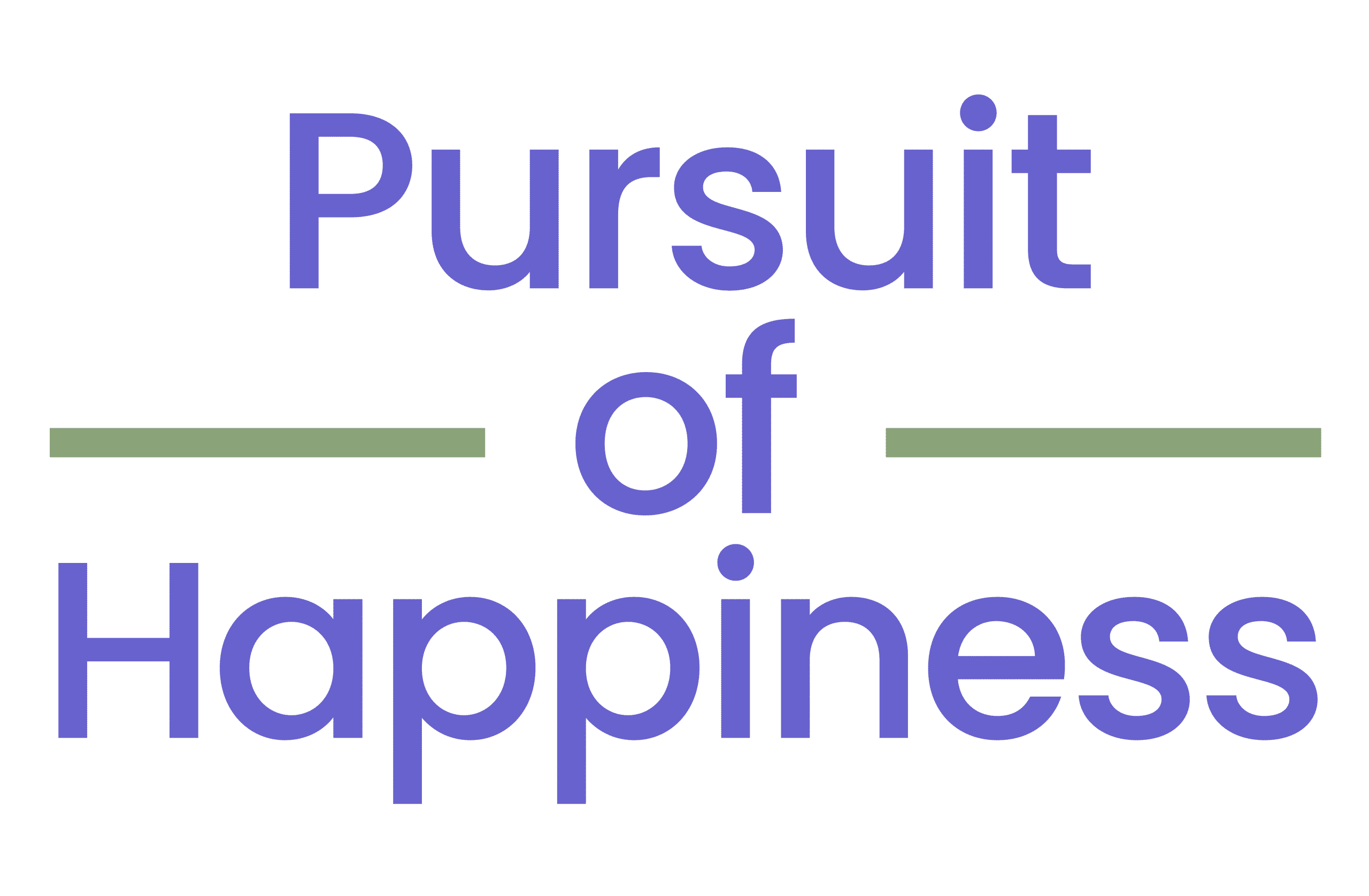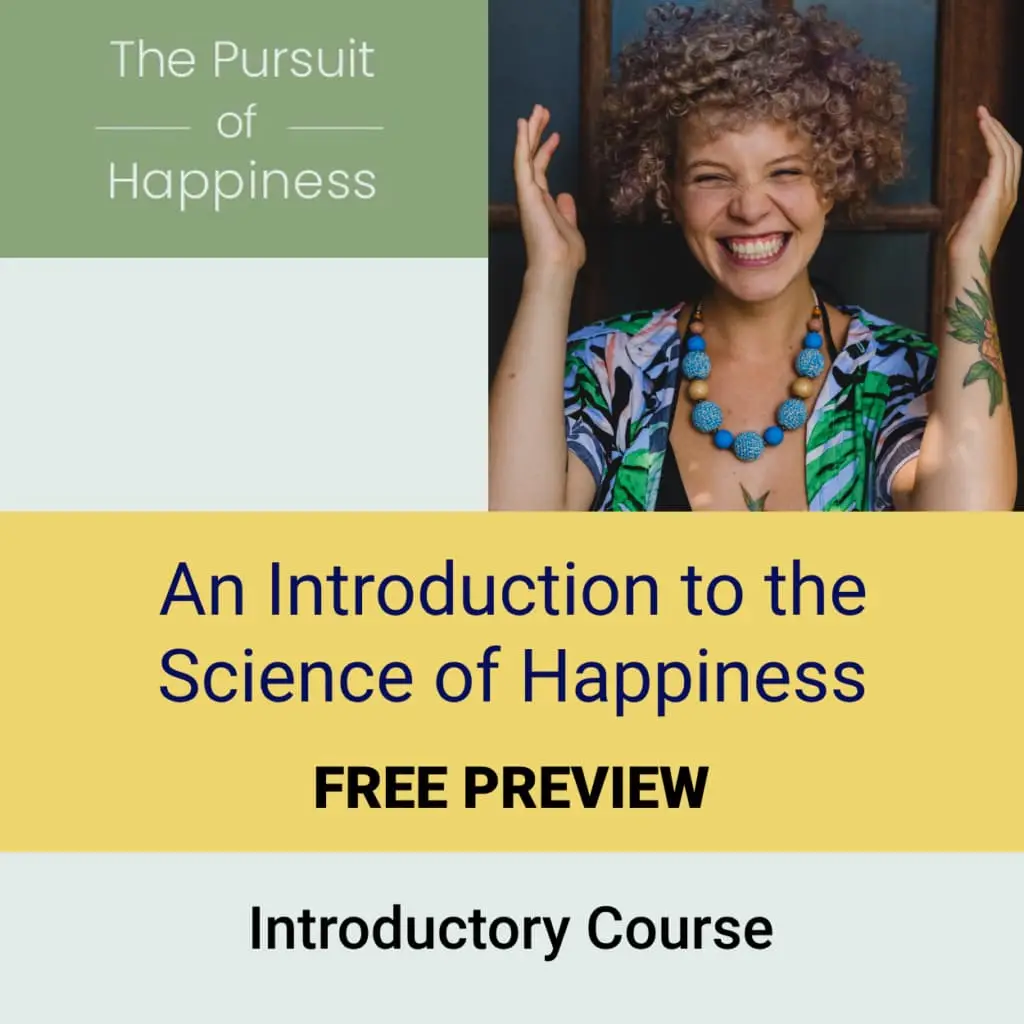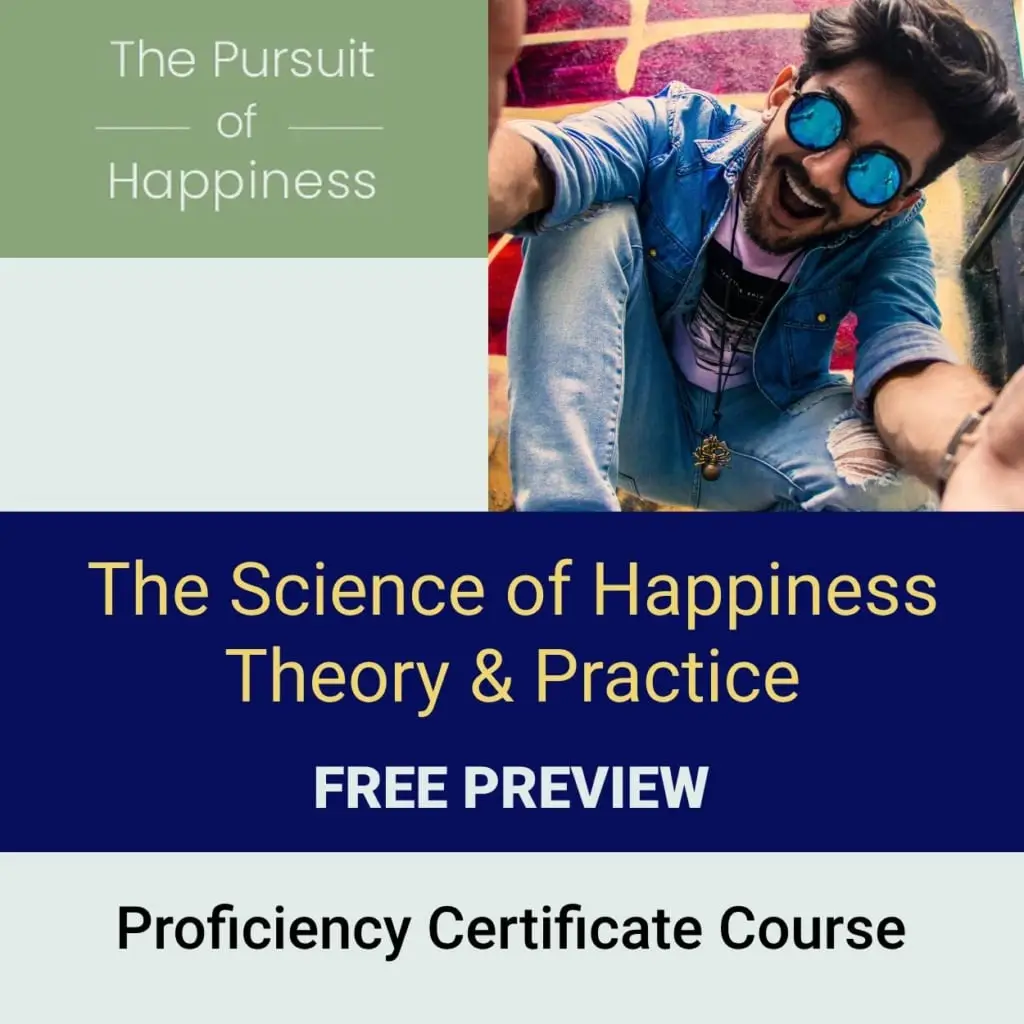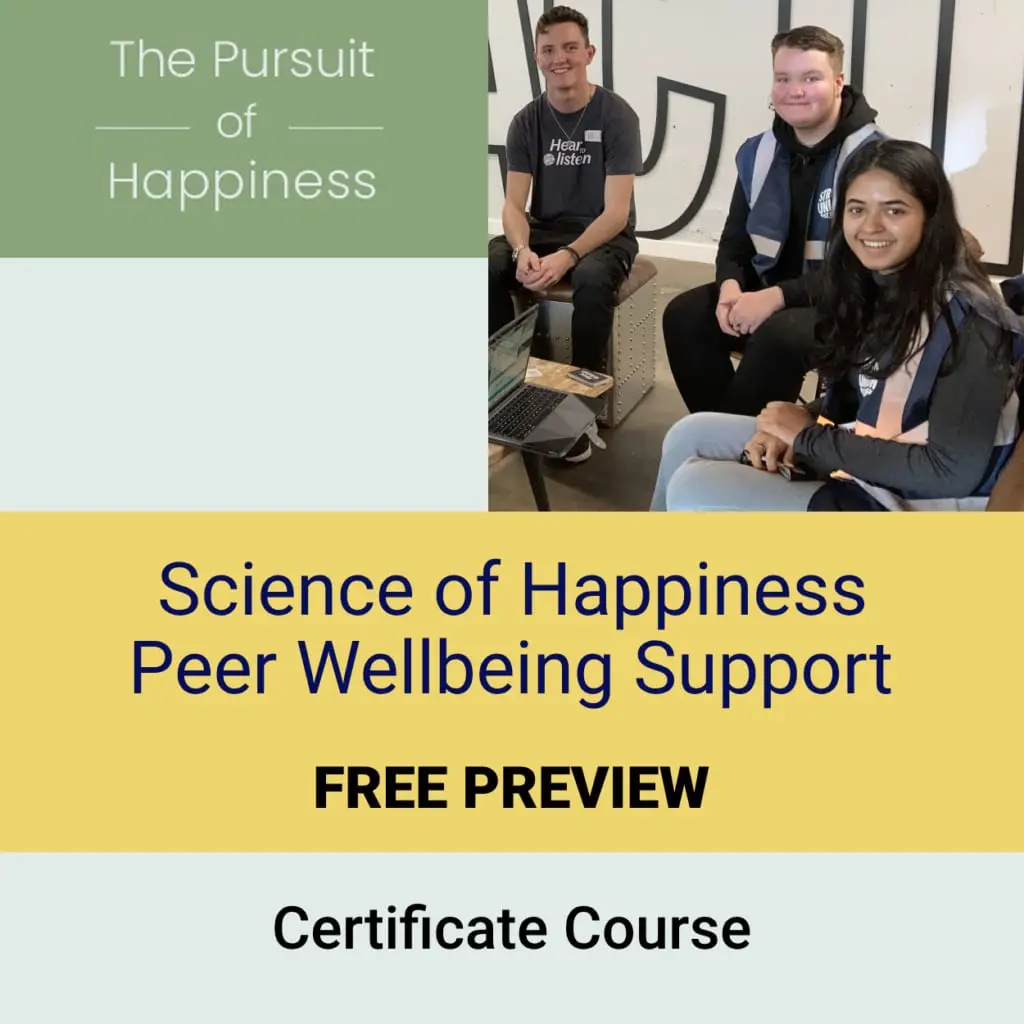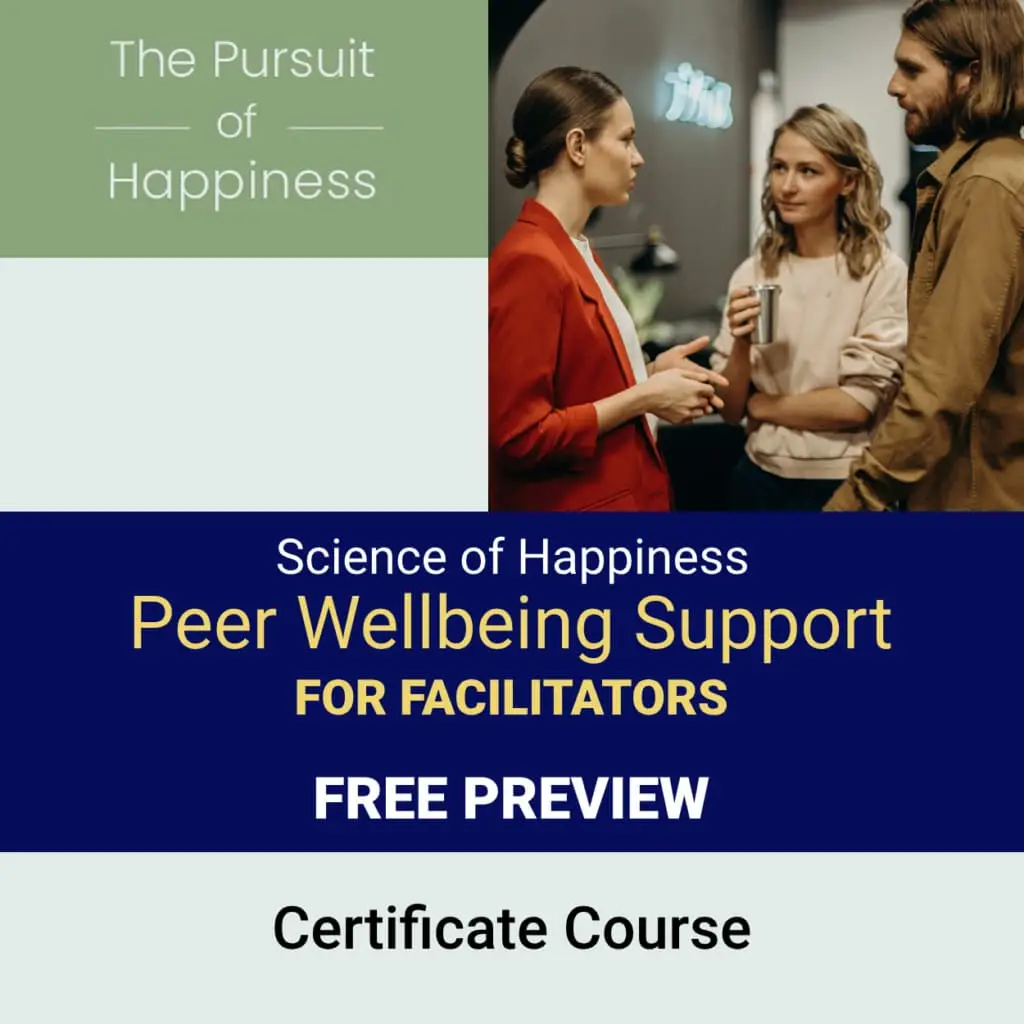Avena, N. (2014, January 7). How Sugar affects the brain [Video File]. Retrieved from https://www.youtube.com/watch?v=lEXBxijQREo
Barclay, E. (2014). Why Sugar Makes Us Feel So Good.
Cocate, P. G., Pereira, L. G., Marins, J. C. B., Cecon, P. R., Bressan, J., & Alfenas, R. C. G. (2011). Metabolic responses to high glycemic index and low glycemic index meals: a controlled crossover clinical trial. Nutrition Journal, 10(1), 1. doi:10.1186/1475-2891-10-1
Desan, P, MD, PhD Psychiatry. <https://psychiatry.yale.edu/research/programs/clinical_people/paul_desan.profile>
Eating, H. (n.d.). Food & Recipes Healthy Eating – Overview.
Hall, E. H. L. (n.d.). Sleep consolidates memories for competing tasks.
Helmut Schröder, PhD1,2; Jordi Salas-Salvadó, MD, PhD3,4; Miguel Angel Martínez-González, MD, PhD4,5; Montserrat Fíto, MD, PhD1,4; Dolores Corella, DPharm, PhD4,6; Ramón Estruch, MD, PhD4,7; Emilio Ros, MD, PhD4,8 (2014). Baseline Adherence to the Mediterranean Diet and Major Cardiovascular Events. JAMA Intern Med. Published online August 11, 2014. <https://bit.ly/KenPopeMediterraneanDietCardiaPrevention>
Ludwig, D., Balance, N., Obesity, F., Children, B., & Journal, T. (2013). Making the Case for Eating Fruit.
Mead, M. N. (2008). Benefits of sunlight: a bright spot for human health. Environmental Health Perspectives, 116(4), A160–7. Retrieved from https://www.pubmedcentral.nih.gov/articlerender.fcgi?artid=2290997&tool=pmcentrez&rendertype=abstract
Motomura Y, Kitamura S, Oba K, Terasawa Y, Enomoto M, et al. (2013) Sleep Debt Elicits Negative Emotional Reaction through Diminished Amygdala-Anterior Cingulate Functional Connectivity. PLoS ONE 8(2): e56578. doi:10.1371/journal.pone.0056578
Prior & Galduroz (2012). (N-3) Fatty Acids: Molecular Role and Clinical Uses in Psychiatric Disorders.
Simopoulos, A. P. (2002). The importance of the ratio of omega-6/omega-3 essential fatty acids. Biomedicine & pharmacotherapy, 56(8), 365-379.
Spedding, S. (2014). Vitamin D and Depression: A Systematic Review and Meta-Analysis Comparing Studies with and without Biological Flaws. Nutrtional Physiology Research Center, University of South Australia.
Tandel, Kirtida (2011). Sugar substitutes: Health controversy over perceived benefits. Journal of Pharmacology & Pharmacotherapeutics, 2(4), 236-243.
Vuolo, L., Di Somma, C., Faggiano, A., & Colao, A. (2012). Vitamin D and cancer. Frontiers in Endocrinology, 3(April), 58. doi:10.3389/fendo.2012.00058
Wd, K. (2010). Effects of sleep deprivation on cognition . PubMed Commons. doi:10.1016/B978-0-444-53702-7.00007-5.Effects
Student Health and Wellness Guide.” Onlinecolleges.net. N.p., n.d. Web. 16 Aug. 2014. <https://www.onlinecolleges.net/for-students/student-health-wellness-guide/>.
The clinical importance of vitamin D ( cholecalciferol ): a paradigm shift with implications for all healthcare providers . PubMed Commons. (n.d.), 10(5), 15478784
